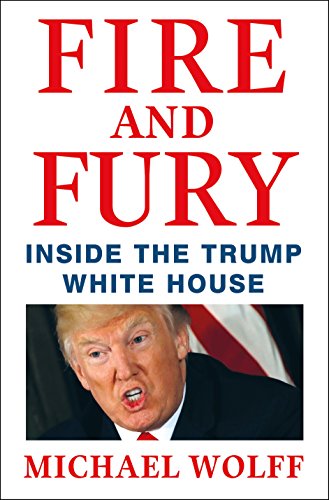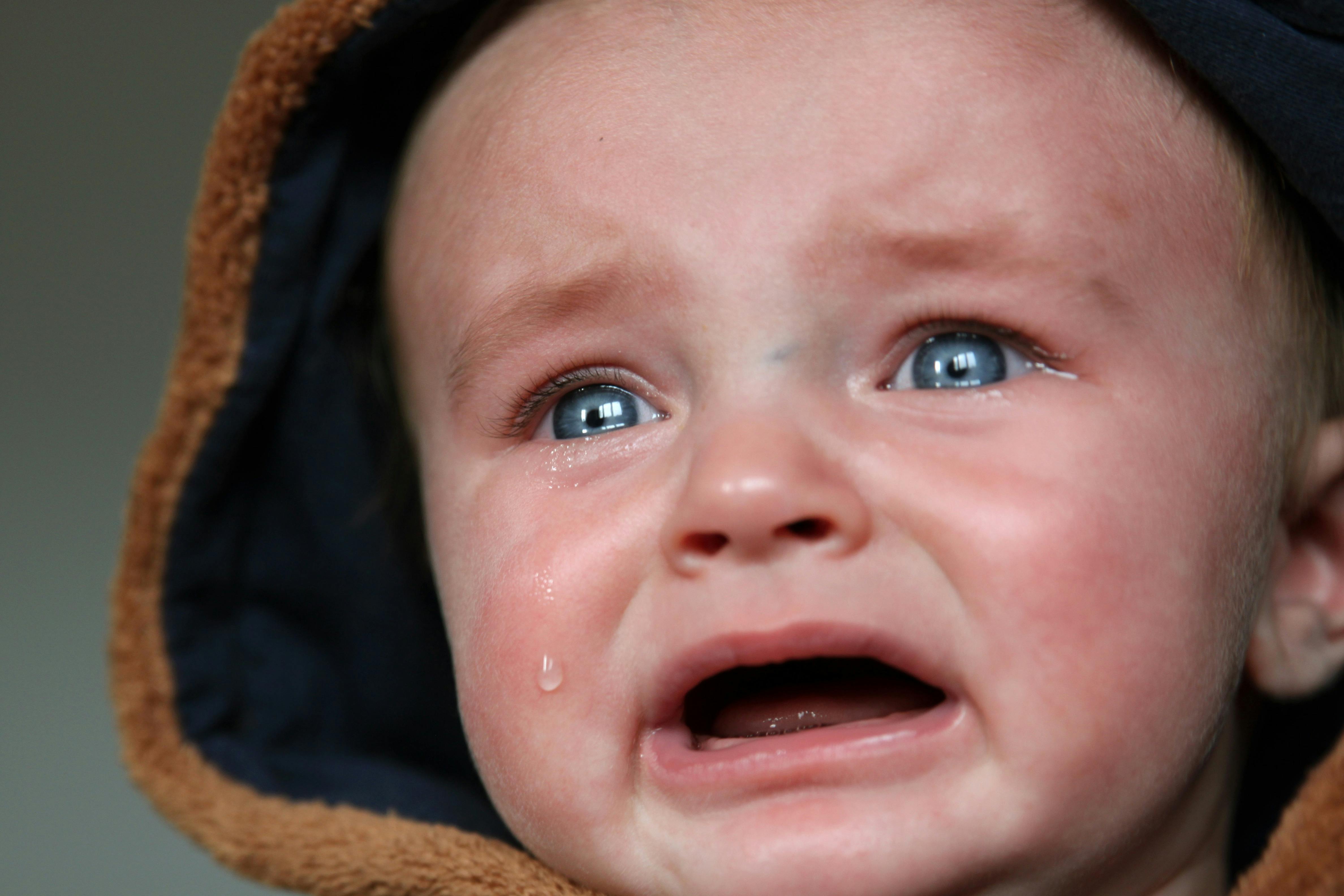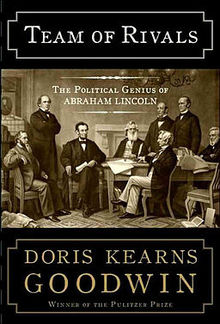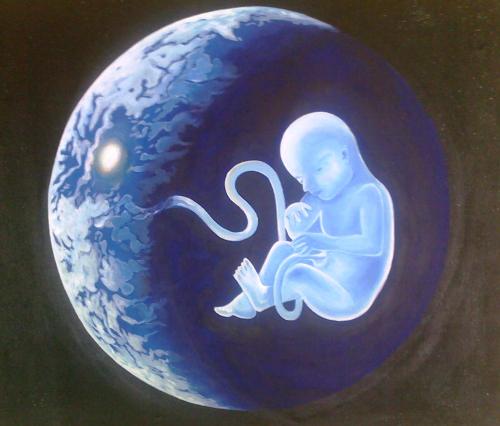 The reason more than 80 percent of New York City dwellers voted against Donald Trump was because we knew him—his history of pathological lying, his grandiose credit-taking for things he had nothing to do with, his cheating almost everybody who worked for him, his serial misogyny and complete lack of scruples. Mayor Mike Bloomberg said it straight at the Democratic National Convention: "I'm a New Yorker and I know a con when I see one." For people who liked Trump, his charm had to do with the fact that he was an unapologetic con artist who laughed at his own antics (for an example of the old Trump charm and humor at his own expense, listen to the Howard Stern interview about how he reacted to someone else's trauma). The mistake New Yorkers made was thinking that of course everybody could see the act.
The reason more than 80 percent of New York City dwellers voted against Donald Trump was because we knew him—his history of pathological lying, his grandiose credit-taking for things he had nothing to do with, his cheating almost everybody who worked for him, his serial misogyny and complete lack of scruples. Mayor Mike Bloomberg said it straight at the Democratic National Convention: "I'm a New Yorker and I know a con when I see one." For people who liked Trump, his charm had to do with the fact that he was an unapologetic con artist who laughed at his own antics (for an example of the old Trump charm and humor at his own expense, listen to the Howard Stern interview about how he reacted to someone else's trauma). The mistake New Yorkers made was thinking that of course everybody could see the act. I certainly saw it, but I was also so clobbered by the Recession that I saw the rage, desperation, and racism that was throbbing in our culture, and I was terrified that, with his P.T. Barnum instincts, Trump would trump his own plan (to lose) by having the con succeed. Wolff delineates the shock of the turnaround, obliterating the game plan to "win by losing" and become the most famous person in the world, making more money.
All of it is chronicled in Wolff's free-wheeling book, and really there is nothing new about Trump here. But it is somewhat pleasurable to read confirmation of what we knew and saw, reported by somebody who was a self-described "fly on the wall" of the West Wing and has actual tapes of Trump machine insiders speaking the truth. Read More
 Timing is important. There is a time for rage and a time for laughter, and right now rage reigns—as it should. After centuries of suppression, critical mass has been reached, the #MeToo movement has exploded, and male bodies are flying. Time magazine has put it on its cover. It's about time!
Timing is important. There is a time for rage and a time for laughter, and right now rage reigns—as it should. After centuries of suppression, critical mass has been reached, the #MeToo movement has exploded, and male bodies are flying. Time magazine has put it on its cover. It's about time! It's not complicated: "No" means no. "No, I don't want to do that." "No, stop that." "No, I don't think that is funny."
It's not complicated: "No" means no. "No, I don't want to do that." "No, stop that." "No, I don't think that is funny." What really happened? What always happens: Politics, like life, is not fair. Nobody tells the whole truth. Everybody thinks they're right and excoriates everybody who doesn't agree with them. And the best we can do with this mess is try to listen to everybody with an open mind, make the best choices we can—knowing that none of them are perfect, and when we are in peril, choose whatever compromise most assures life.
What really happened? What always happens: Politics, like life, is not fair. Nobody tells the whole truth. Everybody thinks they're right and excoriates everybody who doesn't agree with them. And the best we can do with this mess is try to listen to everybody with an open mind, make the best choices we can—knowing that none of them are perfect, and when we are in peril, choose whatever compromise most assures life. I've been waiting for this book—the words of highly trained mental health professionals who are brave enough to risk backlash from their own associations by putting the safety of all people ahead of their rules to say nothing about individuals they have not treated. In a meticulously written foreword, one of the authors makes the case that "duty to warn" people whose well-being is in danger trumps the "Goldwater Rule" about silence. (There is an entire section of chapters on the ethics of speaking out—far too much to reduce into a review byte.) We are all in danger from this individual we have installed in the highest office in the land, and I consider the 27 authors of this step-by-step analysis of Trump's severe psychological impairments to be whistle blowers.
I've been waiting for this book—the words of highly trained mental health professionals who are brave enough to risk backlash from their own associations by putting the safety of all people ahead of their rules to say nothing about individuals they have not treated. In a meticulously written foreword, one of the authors makes the case that "duty to warn" people whose well-being is in danger trumps the "Goldwater Rule" about silence. (There is an entire section of chapters on the ethics of speaking out—far too much to reduce into a review byte.) We are all in danger from this individual we have installed in the highest office in the land, and I consider the 27 authors of this step-by-step analysis of Trump's severe psychological impairments to be whistle blowers.  When the chaos gets to be too much, I find it helpful to pull way out to bird's eye view and look at the big movements. Here is what I've observed:
When the chaos gets to be too much, I find it helpful to pull way out to bird's eye view and look at the big movements. Here is what I've observed:  This is a wonderful nuanced book that resonates mightily with and informs what is going on today. Read it if you want to understand any kind of historical basis for what is now happening in the U.S. Read it if you love the minutia of history—every conversation ever recorded during the Lincoln period, every permutation and convolution of the Civil War, the complex emotional motivations behind the factions (a lot of people fought more for preservation of the union than out of any conviction about slavery)—or if you feel as if you need to learn U.S. history. This book has garnered enormous public attention as well as an award-winning movie based on it, so I am not going to write more commentary on what is in it. Instead, here are some opinions about the very important content that is missing.
This is a wonderful nuanced book that resonates mightily with and informs what is going on today. Read it if you want to understand any kind of historical basis for what is now happening in the U.S. Read it if you love the minutia of history—every conversation ever recorded during the Lincoln period, every permutation and convolution of the Civil War, the complex emotional motivations behind the factions (a lot of people fought more for preservation of the union than out of any conviction about slavery)—or if you feel as if you need to learn U.S. history. This book has garnered enormous public attention as well as an award-winning movie based on it, so I am not going to write more commentary on what is in it. Instead, here are some opinions about the very important content that is missing. Much as we like to fancy ourselves superior to sheep and cows, we really have a lot in common: we are a herd species. We have leaders and followers, and to spook us requires a well-placed surprise that the "influencer" members pick up, and ka-boom, stampede. To control us, merely convince the same influencers, and we follow en masse. It's the key to many things — for instance, politics. But first the entertainment. (To get a point across, I've noticed that good shepherds open with enticement.)
Much as we like to fancy ourselves superior to sheep and cows, we really have a lot in common: we are a herd species. We have leaders and followers, and to spook us requires a well-placed surprise that the "influencer" members pick up, and ka-boom, stampede. To control us, merely convince the same influencers, and we follow en masse. It's the key to many things — for instance, politics. But first the entertainment. (To get a point across, I've noticed that good shepherds open with enticement.) First some definitions:
First some definitions: Like many other people, I've been stymied by the fact that facts no longer seem to matter: you can have two photographs of crowds side by side, and someone can call the smaller gathering the larger one with impunity; you can claim to have done more than anybody in history and in fact have done next to nothing; there can exist historical footage quoting you as saying one thing . . . and then the opposite, and you can claim to believe whichever film is more convenient according to the moment. As a friend recently said, "What do you do when it's clearly raining outside and it's now perfectly acceptable to look at it and say, 'It's not raining'?"
Like many other people, I've been stymied by the fact that facts no longer seem to matter: you can have two photographs of crowds side by side, and someone can call the smaller gathering the larger one with impunity; you can claim to have done more than anybody in history and in fact have done next to nothing; there can exist historical footage quoting you as saying one thing . . . and then the opposite, and you can claim to believe whichever film is more convenient according to the moment. As a friend recently said, "What do you do when it's clearly raining outside and it's now perfectly acceptable to look at it and say, 'It's not raining'?"

 This morning’s contemplation: Sometimes you have a sudden awakening—a feeling of lightening; a knowing that, although each of us is ultimately alone, we are something much huger than any one person, something so powerful we would explode if we felt it all the time. If you have felt this just once, it is there for you. It’s like connection to a great mother’s placenta. For me, there was such an awakening during the 1/21
This morning’s contemplation: Sometimes you have a sudden awakening—a feeling of lightening; a knowing that, although each of us is ultimately alone, we are something much huger than any one person, something so powerful we would explode if we felt it all the time. If you have felt this just once, it is there for you. It’s like connection to a great mother’s placenta. For me, there was such an awakening during the 1/21